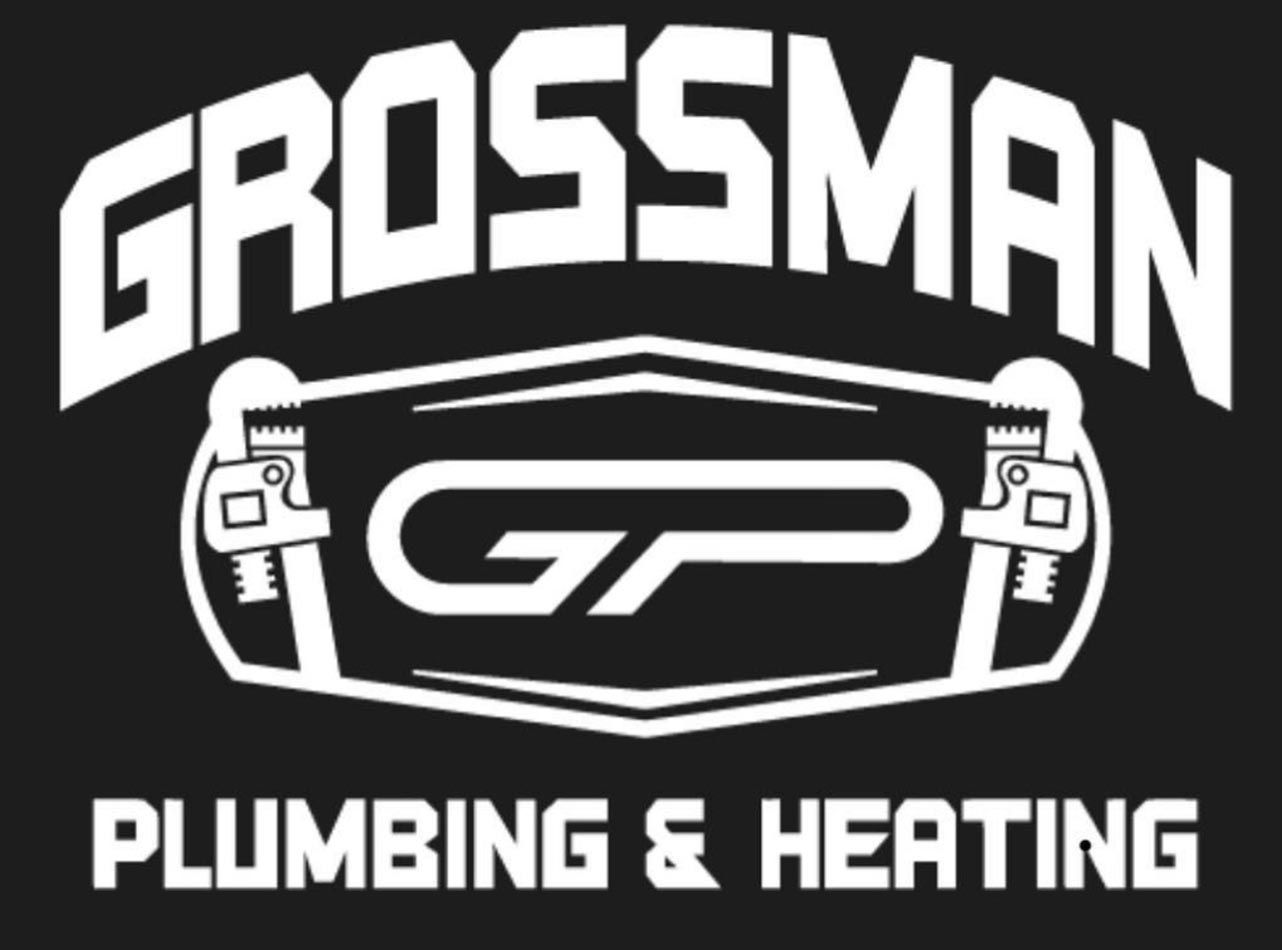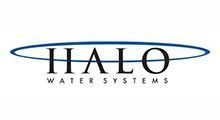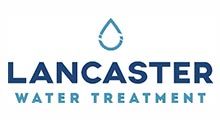FAQs
Grossman Plumbing and Heating
Have a plumbing, water heater, water treatment, or heating service-related question? We have the answer. Check out these FAQs and call or text Grossman Plumbing and Heating today for more information!
How often should my boiler be serviced?
Annual professional servicing of your boiler is recommended to maintain safe and efficient operation.Why is my boiler making strange noises?
Unusual noises such as banging, gurgling, or whistling may indicate issues like air in the system, limescale accumulation, or insufficient water pressure.What should I do if my boiler loses pressure?
Examine the pressure gauge. If it reads below 1 bar, replenishing may be necessary. Should pressure continue to decrease, contact Grossman Plumbing and Heating for a professional assessment.
What causes low water pressure in my home?
Low water pressure can result from various factors, including pipe leaks, clogged fixtures, or problems with the main water supply.How do I know if I have a hidden leak?
Indicators of a hidden leak may include unexplained increases in water bills, damp areas, mold growth, or a noticeable decrease in water pressure.What should I do in a plumbing emergency?
In a plumbing emergency, immediately turn off the main water supply and contact a licensed plumber for urgent assistance.How do I know if I need a water filtration system?
Signs that you may benefit from a water filtration system include unpleasant taste or odor, visible sediment, or stains caused by hard water. A professional water test can identify specific contaminants present.What's the difference between a water softener and a water filter?
Water softeners primarily address hardness by removing minerals like calcium and magnesium, while water filters target a broader range of contaminants such as chlorine, lead, and bacteria.Are water filtration systems worth the investment?
Water filtration systems offer significant benefits, including enhanced water quality, increased lifespan of appliances, and reduced dependence on bottled water, making them a worthwhile investment for many households.



Share On: